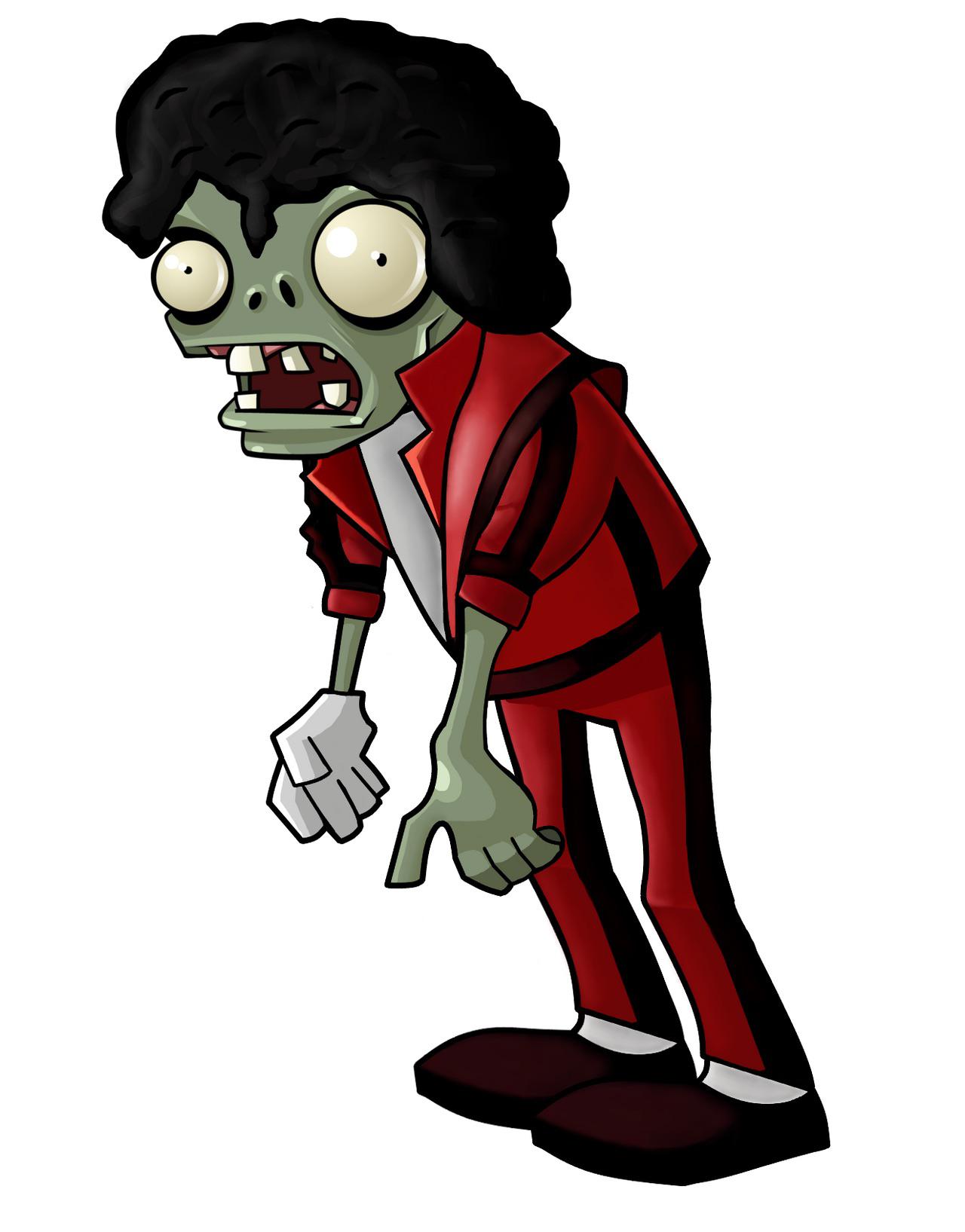Dreams often serve as windows into the subconscious, revealing our innermost fears, aspirations, and unresolved conflicts. Among the myriad of dream symbols, zombies stand out as particularly compelling figures—harbingers of transformation, decay, and the uncanny. They evoke a medley of feelings ranging from dread to fascination. This article explores the intricate tapestry of meanings associated with zombies in dreams, drawing upon various cultural, spiritual, and psychological lenses.
The very existence of zombies—beings devoid of life yet animated by some unknown force—offers a fertile ground for analysis. In many ways, they symbolize the struggle between the conscious and subconscious realms, the living and the dead, and reality versus illusion. Their presence in dreams often signals an underlying crisis or transformation. This sense of duality is captivating, prompting us to explore the dream meaning of zombies more deeply.
Diving into the Symbolic Realm
Zombies frequently embody the psyche’s neglected or hidden aspects. They may represent feelings of powerlessness or the loss of control, mirroring real-life situations where one feels overwhelmed by external forces. For instance, a zombie may symbolize the everyday role of routine, labor, or societal expectations that drain an individual’s vitality, leaving behind a semblance of existence without true engagement or fulfillment.
In the realm of symbolism, zombies often evoke a disquieting sense of otherness. They serve as metaphors for those marginalized within society, reflecting our fears surrounding mortality, disease, and decay. Their haunting presence might signify unresolved grief or an acknowledgment of loss—both literal and metaphorical. Such interpretations encourage us to confront our feelings surrounding mortality and the transitory nature of life.
Spiritual Perspectives Across Cultures
Zombie lore transcends geographical and cultural boundaries, infiltrating the realms of religion and spirituality. Various belief systems offer divergent interpretations of zombies. In Christianity, the concept of resurrection intertwines closely with this undead phenomenon, albeit in a very different light. Within the biblical narrative, resurrection is often associated with the promise of eternal life and redemption. Thus, dreaming of a zombie may symbolize fears about one’s moral standing or reflections on life after death.
In Islamic culture, while zombies as popularized in modern media do not have a direct equivalent, there is a notion of the soul’s integrity and the consequences of a life poorly lived. Dreams involving zombie-like figures in this context might convey important messages about spiritual health, the necessity for repentance, and the importance of righteous living. Such dreams may arise as calls to action, urging the dreamer to rectify their moral compass and foster greater spiritual awareness.
Other cultural interpretations, such as those rooted in African Vodou or Haitian folklore, depict zombies as beings that have lost their will due to external manipulation, often to serve the interests of others. Here, dreaming of a zombie may symbolize a profound sense of oppression or exploitation. It invites one to analyze personal power dynamics and consider whether they are inadvertently surrendering agency to others.
The Psychological Dimension
Psychoanalytically, zombies can be seen as a representation of repressed emotions or unresolved trauma. The grotesque nature of these figures can reflect anxieties about the self or societal discontent. Dreaming of zombies may surface during times of mental unrest, illustrating a person’s struggle with their inner demons. Whether it’s stress from work, relationships, or self-identity, zombies in dreams can serve as manifestations of the profound discomfort that accompanies unresolved psychological states.
Furthermore, contemporary psychology often perceives such dreams as a means of processing fears surrounding identity and autonomy. The zombie’s mindless existence mirrors the experience of feeling disconnected from one’s aspirations or sense of self. In this vein, these dreams may compel individuals to confront their struggles with authenticity and agency.
If zombies represent our fears and frustrations, then encountering them in dreams might signal a pressing need to reclaim the neglected parts of ourselves. The grotesque figures urge us to traverse the abyss of our biggest fears, thereby emerging more whole and integrated.
Conclusions and Takeaways
Ultimately, the dream meaning of zombies transcends mere horror tropes, encapsulating profound insights into the complexity of human existence. Steinbeck once remarked that the most tragic aspect of humanity is the yearning for what once was, reflecting our struggle against the inexorable march of time. As such, zombies invite us to examine our views on mortality, transformation, and identity. Their spectral presence in dreams may serve as a catalyst for deeper exploration and introspection, urging us to confront our fears and re-engage with our true selves.
In navigating the intricate terrains of our dreams, we can glean invaluable lessons. The symbolism of zombies reminds us that even in the face of despair and decay, there lies an opportunity for renewal and understanding. By embracing the complex nature of our dreams, we equip ourselves with the insight necessary to transform challenges into catalysts for personal growth and reprieve.










